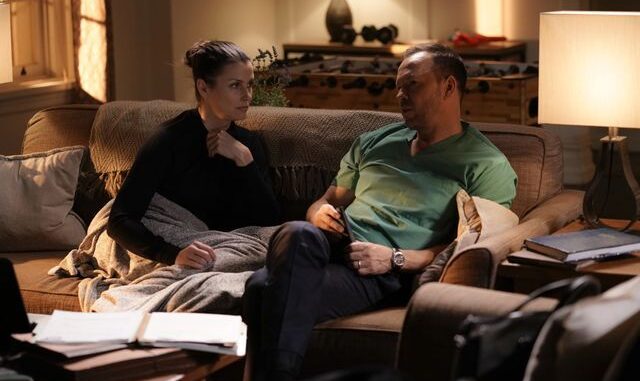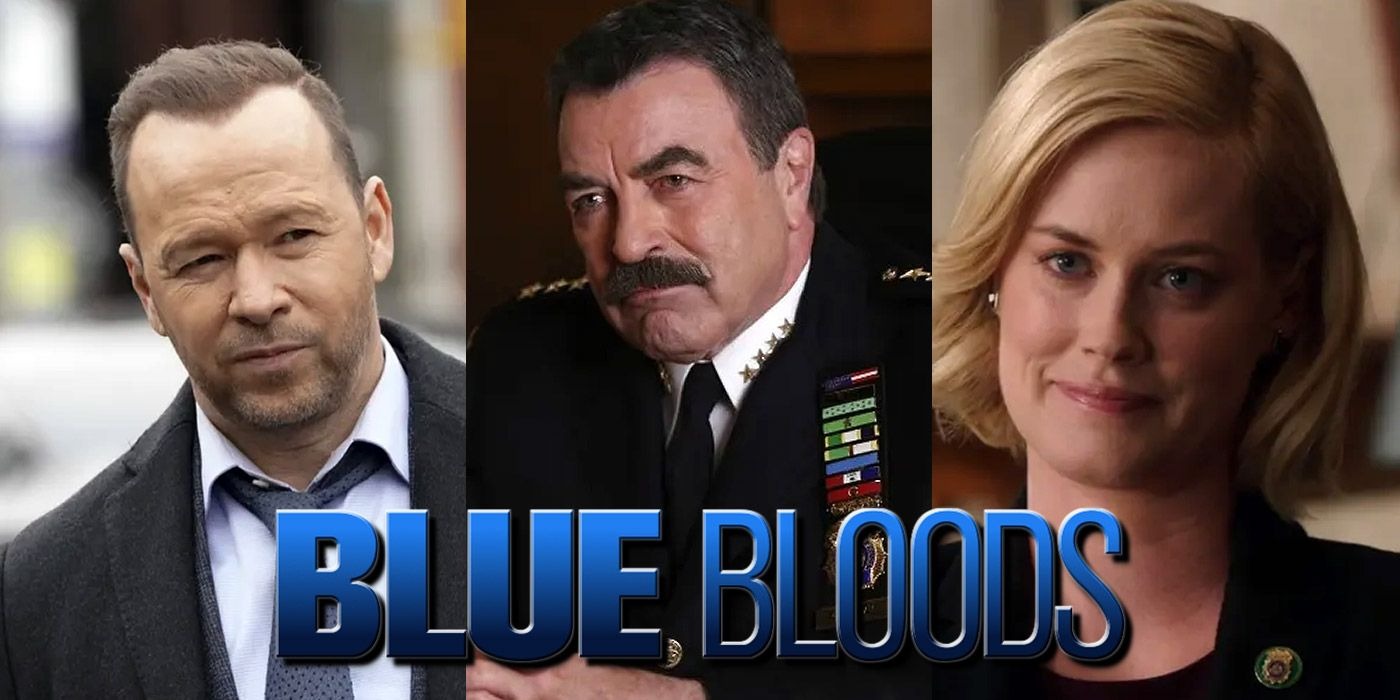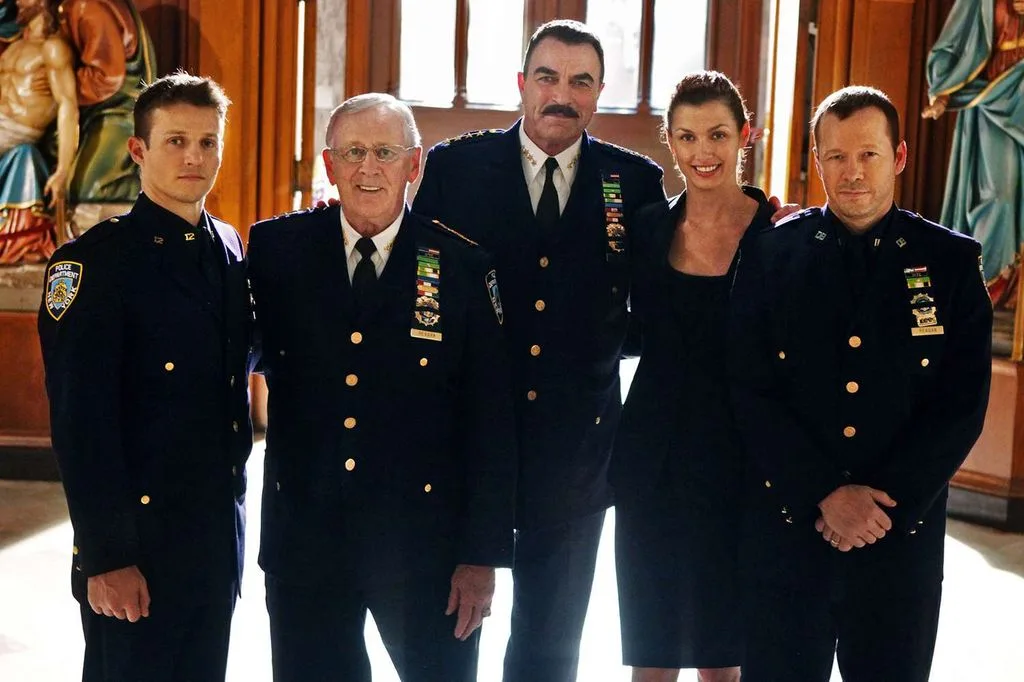
The Enigmatic Nature of Danny’s Profession in Blue Bloods
In the intricate world of “Blue Bloods,” a show renowned for its portrayal of law enforcement and family dynamics, one character has consistently left fans scratching their heads: Danny Reagan, played by the charismatic Donnie Wahlberg. While the series has achieved acclaim for its authentic representation of police work and family values, Danny’s job has sparked confusion and discussion among its loyal viewers. This article delves into the nuances of Danny’s role, the expectations surrounding it, and the implications for the show’s narrative.
The Complexity of Danny’s Role
Danny Reagan serves as a detective in the New York City Police Department, a position that inherently comes with high stakes and deep responsibilities. However, the portrayal of his character oscillates between conventional detective duties and actions that sometimes appear to stray far from standard police protocol. This inconsistency has raised eyebrows among fans who expect a more uniform representation of law enforcement.
For instance, Danny often operates outside the traditional confines of police work, taking matters into his own hands. While this can be thrilling for viewers, it leads to questions about the accuracy of his methods, especially in a series that prides itself on realism. This portrayal can create a dichotomy where fans appreciate the excitement but are also left wondering about the authenticity of his actions.
The Balancing Act of Family and Duty

One of the compelling aspects of “Blue Bloods” is its exploration of family dynamics within the Reagan clan. Danny’s character is not only a detective; he is also a father and a son navigating the complexities of family loyalty and professional duty. The show frequently highlights the tension that arises when personal and professional lives intersect.
For example, Danny’s decisions are often influenced by his desire to protect his family and uphold their legacy in law enforcement. This adds layers to his character but can also lead to moments that seem contradictory. Fans might find themselves questioning whether Danny is acting as a protector or as a renegade, which contributes to the confusion about his role.
The Evolution of Danny’s Character
Over the seasons, Danny Reagan has undergone significant character development. Initially portrayed as a straightforward detective, his character has evolved into a more complex figure grappling with moral dilemmas and personal loss. The aftermath of his wife’s death has profoundly impacted his actions and decision-making process.
This evolution adds depth to the narrative but can also contribute to the ambiguity surrounding his job. As he navigates grief and seeks justice, his methods can appear erratic, raising questions about his judgment. Fans who have followed his journey may find it challenging to reconcile the Danny of earlier seasons with the more conflicted character he has become.
Viewer Expectations vs. Storytelling Choices
The disparities in Danny’s role also reflect broader themes in storytelling. While viewers may have certain expectations about how a detective should operate, “Blue Bloods” often prioritizes dramatic tension and character exploration over strict adherence to procedural norms. This artistic choice can alienate some fans who prefer a more traditional representation of law enforcement.
Moreover, the show’s writers have crafted numerous story arcs that challenge the status quo, forcing characters like Danny to make difficult choices that may not align with typical police procedures. These decisions can lead to thrilling plot twists but also contribute to the confusion surrounding the character’s professional integrity.
The Impact of Audience Perception
Audience perception plays a crucial role in how Danny’s character is understood. Fans engage with the show on multiple levels, often analyzing character motivations, plot developments, and ethical dilemmas presented in each episode. This engagement can lead to diverse interpretations of Danny’s actions and the rationale behind them.
Social media platforms have become a breeding ground for discussions about the inconsistencies in Danny’s role. Fans share their theories, frustrations, and insights, creating a community of viewers who are deeply invested in the character’s journey. This communal discourse highlights the impact of storytelling on audience engagement and how characters can resonate or perplex viewers.
A Deeper Look into Law Enforcement Representation
As discussions about Danny’s role continue, it raises broader questions about how law enforcement is portrayed in popular culture. “Blue Bloods” has been praised for its nuanced portrayals of police work, yet the complexities of characters like Danny challenge the idea of a straightforward representation.
The show invites viewers to consider the ethical implications of law enforcement, the emotional toll on officers, and the impact of personal experiences on professional decisions. This complexity may lead to confusion, but it also enriches the narrative, prompting viewers to think critically about the realities of policing.
Conclusion: A Character of Many Layers

In conclusion, Danny Reagan’s role in “Blue Bloods” embodies the challenges of balancing authenticity with dramatic storytelling. While his character may leave fans scratching their heads at times, it is precisely this complexity that makes him compelling. As viewers continue to engage with the series, they are encouraged to embrace the ambiguities and explore the multifaceted nature of Danny’s character.
Ultimately, the discussions surrounding Danny’s job reflect a broader interest in the intersection of personal and professional lives, the realities of law enforcement, and the emotional landscapes that define our heroes. As “Blue Bloods” continues to unfold, fans will likely remain captivated by the enigmatic journey of Danny Reagan, eager to unravel the layers that make him one of the most intriguing characters in contemporary television.
